Galaxy S7 Exynos 8890 version benchmarked with both 3GB and 4GB RAM
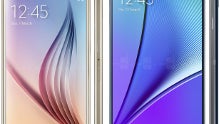
We've already been hearing through the grapevine that Samsung has accelerated the development process of its flagships with a few months, thanks to the implementation of new project management techniques, and the upside is that the chatter about the next-gen Galaxy S7 is starting as soon as this summer. Poised for development completion by year's end, the Galaxy S7 has been testing with both Samsung's own Exynos chipsets, and with Qualcomm's Snapdragon 820, that much we've been tipped already.
The Snapdragon 820 testing has reportedly been very rigorous, as Samsung wants to make sure there will be no overheating issues like with 810. Moreover, Snapdragon 820 has apparently been greenlit to go into Galaxy S7 models for select overseas markets, so the chipset must have passed the stringent testing pretty well. As to what has brought Samsung back to Qualcomm's chips, after the 810 fiasco, is anyone's guess, but probably has something to do with globetrotting LTE models, as nobody makes small and frugal LTE modems with record bands support count like Qualcomm just yet.
Samsung is pairing its Exynos with LTE modems as well, and we unearthed two purported Galaxy S7 versions on Geekbench - one dubbed Project Lucky-LTE, and the other simply Project Lucky, both powered by Exynos 8890 (Mongoose). The fun part, however, is that the Exynos version without the LTE notation is listed with 3 GB of RAM, while the Project Lucky-LTE one sports 4 GB, but let's not forget that these are likely still testing prototypes, away from completion yet. We've been hearing about versions with two screen sizes - 5.7" or 5.8" and a 5.2" one, so that might be it as well.
The Exynos 8890 model without the LTE mark scores slightly higher than the one with, but it is also clocked higher, at 1.5 GHz maximums for the octa-core chipset, while the the Project Lucky-LTE model with 4 GB of RAM is clocked at 1.38 GHz maximums. We shouldn't make any conclusions about the final retail versions from these early benchmark tests, plus both scores are so high anyway, that you won't feel underpowered with either.
source: Geekbench via Techgrapple

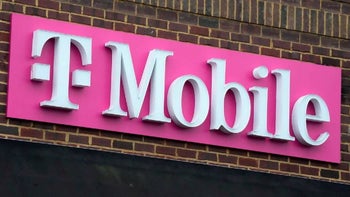

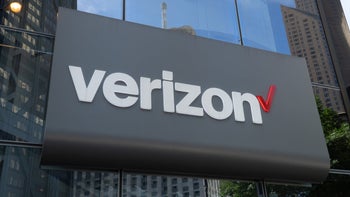
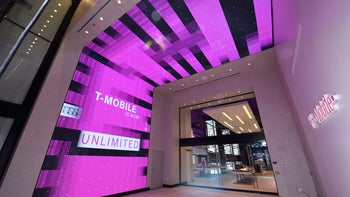


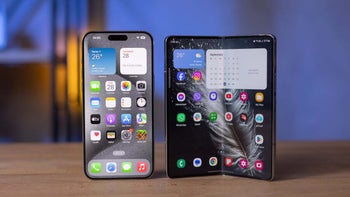
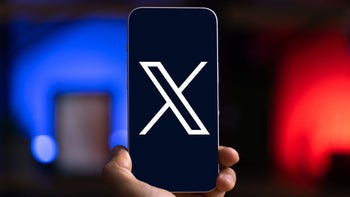
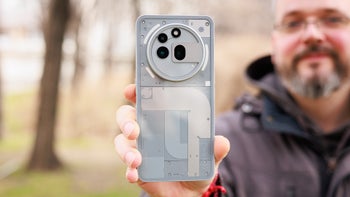

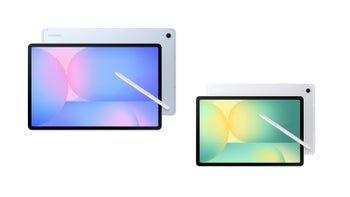

Things that are NOT allowed: